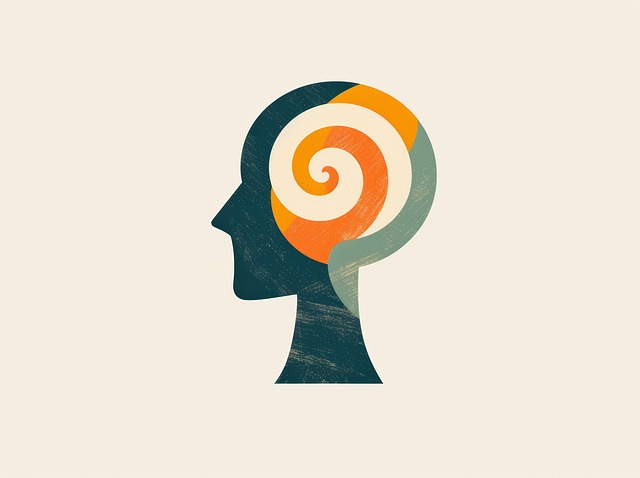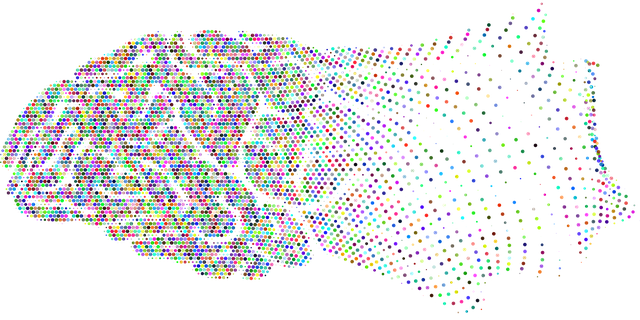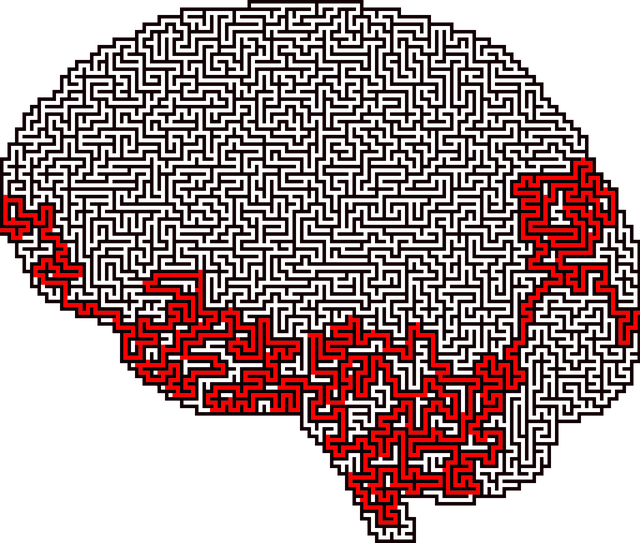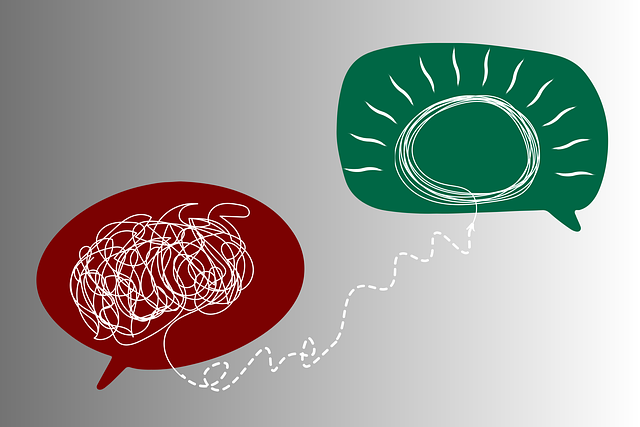Aurora Couples Communication Issues Therapy (ACCIT) community outreach programs play a vital role in addressing mental health challenges by bridging therapy services with underserved communities. These initiatives aim to boost self-esteem, promote positive thinking, and facilitate open dialogue through safe educational spaces. A strategic approach involving therapists, local organizations, schools, and faith groups is crucial for success. Evidence-based practices like mindfulness meditation enhance emotional regulation skills. Programs should be inclusive, accessible, and adaptable to language barriers and cultural sensitivities. Regular community feedback ensures ongoing refinement, with success evaluated through KPIs, client satisfaction, communication skill improvements, and broader effects on relationship conflicts and emotional healing.
Community outreach programs, like Aurora Couples Communication Issues Therapy initiatives, play a vital role in fostering healthier relationships and stronger communities. This article delves into the significance of such programs, offering practical strategies for successful implementation in diverse community settings. From understanding local needs to measuring impact, we explore how these initiatives can drive lasting positive change. Discover key insights on enhancing Aurora’s therapeutic landscape through effective outreach.
- Understanding Community Outreach: Why Aurora Couples Communication Issues Therapy Programs Matter
- Implementing Effective Programs: Strategies for Success in Community Settings
- Measuring Impact and Sustaining Change: Evaluating the Effectiveness of Aurora Outreach Initiatives
Understanding Community Outreach: Why Aurora Couples Communication Issues Therapy Programs Matter

Community outreach programs play a vital role in addressing critical mental health issues, particularly when it comes to Aurora Couples Communication Issues Therapy. Understanding the dynamics of community outreach is essential for fostering positive changes and improving relationships within couples struggling with communication challenges. These programs aim to bridge the gap between therapy services and communities that may face barriers to accessing traditional mental health care.
By implementing Aurora Couples Communication Issues Therapy outreach initiatives, professionals can enhance self-esteem improvement and promote positive thinking among community members. This involves creating safe spaces for education, support, and open dialogue, which are crucial for navigating communication obstacles in relationships. Moreover, a comprehensive risk assessment for mental health professionals ensures that these programs are effective, ethical, and tailored to the unique needs of the communities they serve.
Implementing Effective Programs: Strategies for Success in Community Settings

Implementing effective community outreach programs requires a strategic approach tailored to address specific needs within diverse populations. In Aurora, where cultural and social dynamics can vary significantly, therapists and counselors play a pivotal role in fostering positive change. Success lies in engaging communities through collaborative partnerships with local organizations, schools, and faith groups. Tailoring programs to address pressing issues like communication difficulties among couples or low self-esteem is essential. Incorporating evidence-based practices such as mindfulness meditation can enhance emotional regulation skills, making individuals more resilient to life’s challenges.
For optimal impact, these initiatives should be inclusive and accessible, considering language barriers, cultural sensitivities, and varying levels of literacy. Utilizing technology for remote sessions or providing materials in multiple languages can broaden reach. Regularly evaluating program effectiveness through community feedback ensures ongoing improvement aligned with the evolving needs of Aurora residents. This iterative process allows for refining strategies that empower individuals to overcome personal hurdles and strengthen their emotional well-being.
Measuring Impact and Sustaining Change: Evaluating the Effectiveness of Aurora Outreach Initiatives

Effective community outreach programs go beyond immediate impact; their true measure lies in sustained change and long-term benefits for participants. When it comes to initiatives like Aurora’s focus on Couples Communication Issues Therapy, evaluating success requires a multifaceted approach. This involves tracking key performance indicators (KPIs) such as the number of couples attending sessions, client satisfaction rates, and improvements in communication skills post-therapy.
Additionally, assessing the broader effects is crucial. For instance, has there been a noticeable decrease in relationship conflicts within the community? Do participants report improved emotional healing processes and anxiety relief? Integrating Cultural Sensitivity in Mental Healthcare Practice can enhance these outcomes by ensuring outreach programs are inclusive and accessible to diverse populations, fostering deeper connections and more profound transformations.
Community outreach programs focused on Aurora Couples Communication Issues Therapy have proven to be powerful tools for fostering positive change. By implementing effective strategies and measuring their impact, these initiatives can lead to lasting improvements in community well-being. The success of such programs lies in their ability to connect with local residents, address specific needs, and promote sustainable behavioral shifts. Through ongoing evaluation, Aurora outreach efforts can adapt and evolve, ensuring that resources are directed where they are most needed to enhance the overall mental health and harmony within the community.














